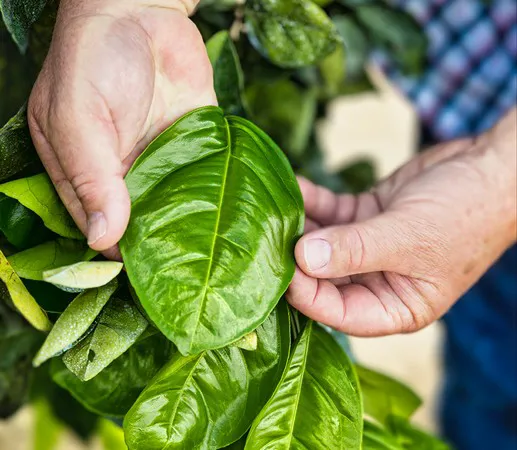The Tree Defender, LLC, the creator of Individual Protective Cover (IPC) technology, has been awarded a key fourth U.S. patent for its technology, opening the door for the company to expand and grow.
"These patents establish The Tree Defender as the creator of IPC technology," said Scotty Thompson, the co-creator of The Tree Defender. "This will now allow us to explore joint ventures with other groups and further expand globally into the many other varied applications such as vertical farming. One very exciting path is that we are demonstrating much higher brix levels and beneficial phytochemical levels in the fruits and vegetables."
According to Thompson, these most recent issuances reflect technology innovations related to food security, vertical farming, herbicide reduction, fertilizer reduction, reduction in water usage, and cold protection. The approximate 80% water savings capability alone could be a huge benefit currently to growers in the western United States and other drought-stricken regions globally.
Thompson, along with Thomas A. Thayer — both from Central Florida — started The Tree Defender as a way to fight back against greening and other various diseases that have devastated the Florida citrus industry.

While many protective covers look the same, the patented Tree Defender is made with proprietary high-quality materials that have been proven in multiple studies to protect citrus trees from the Asian citrus psyllid and greening. In addition, The Tree Defender uses proprietary UV inhibitors that help create a healthy atmosphere where increased growth rates upwards of 30% have been observed.
According to research published by University of Florida Professor Fernando Alferez, the use of IPCs can modify the atmosphere within the covered canopy by altering relative humidity and temperature. This means the air under the cover contains more moisture, allowing the leaves to stay open longer and extend the length of time available for photosynthesis.
This increase in photosynthetic efficiency can improve a plant or tree's ability to sequester carbon from the atmosphere, which allows growers the possibility of exploring the carbon credit market for an added income stream, said Thompson.
"Under IPCs, the leaves were greener, larger, and with more chlorophyll, more soluble sugars, and less starch, indicating that they have been metabolically more active than noncovered trees," said Alferez. "Interestingly, trees under IPCs flushed earlier and more profusely, and the flushing was more synchronized compared to trees without IPCs, resulting in faster tree growth." In addition, Alferez confirmed that trees protected by IPCs produce higher-quality, more soluble solids.
The faster growth and healthier leaves on trees protected by The Tree Defender have a definite financial impact on many levels. With the ability to now grow young trees free of greening, it will help establish a path to recovery for Florida and the world's other citrus-growing regions.
For more information:
The Tree Defender
[email protected]
www.thetreedefender.com
